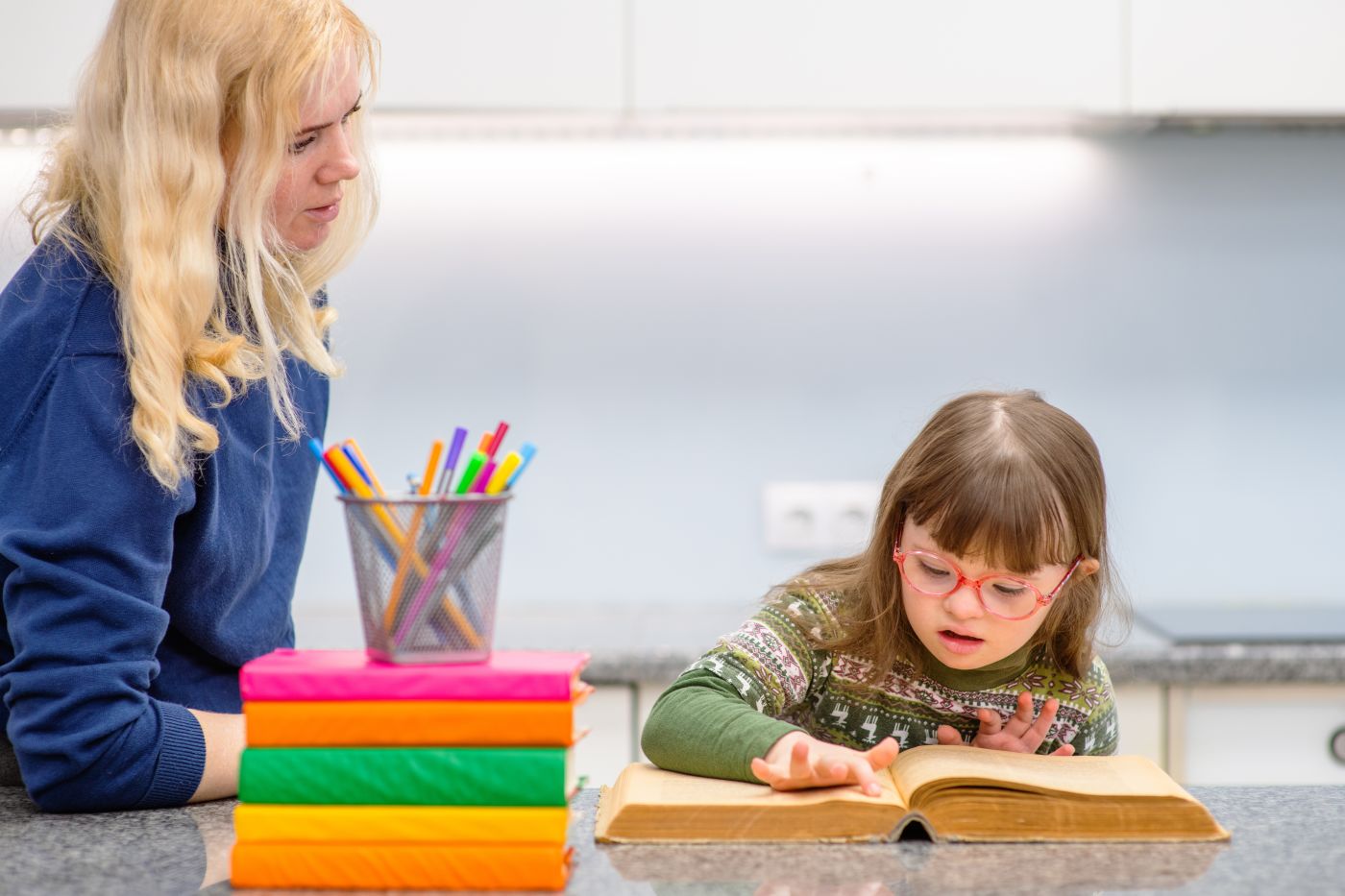One in five students with problems learning and paying attention are not formally identified as qualifying for an Individualized Education Program (IEP) or a 504 plan. This is because they have not been identified as having a learning disability.
These children risk poor performance and even falling behind leading to their having to repeat a grade, low self-esteem or even dropping out of school. It is important to know what to do if you believe your child’s learning disability is going unnoticed.
Why Are Learning Disabilities Going Unnoticed?
There are a variety of reasons why schools are not identifying students with learning disabilities. For example:
The signs of the disability are not recognized by classroom teachers
The response to intervention (RTI) process is being used to delay or deny an evaluation
Schools falsely believe a gifted student with a learning disability does not qualify for services
A school’s failure to identify a student with a learning disability can cause that child to suffer lifelong problems.
What Can You Do if Your Child’s Learning Disability Is Going Unnoticed?
If your child is in school, and you believe they may have a learning disability, you can do the following. You can provide your school’s principal or special educational director with a written request for an evaluation.
If you are not happy with the results of the school’s evaluation, you can request an independent education evaluation.
It is important to understand that just because your child’s pediatrician diagnosed your child with a disability does not mean your child will automatically qualify for an IEP. Your child must show a history of having issues that have an adverse effect on their learning and grades.
It is important not to give up if your child’s disability is going unnoticed. Advocacy can be key, and you can do so with the help of a professional.


